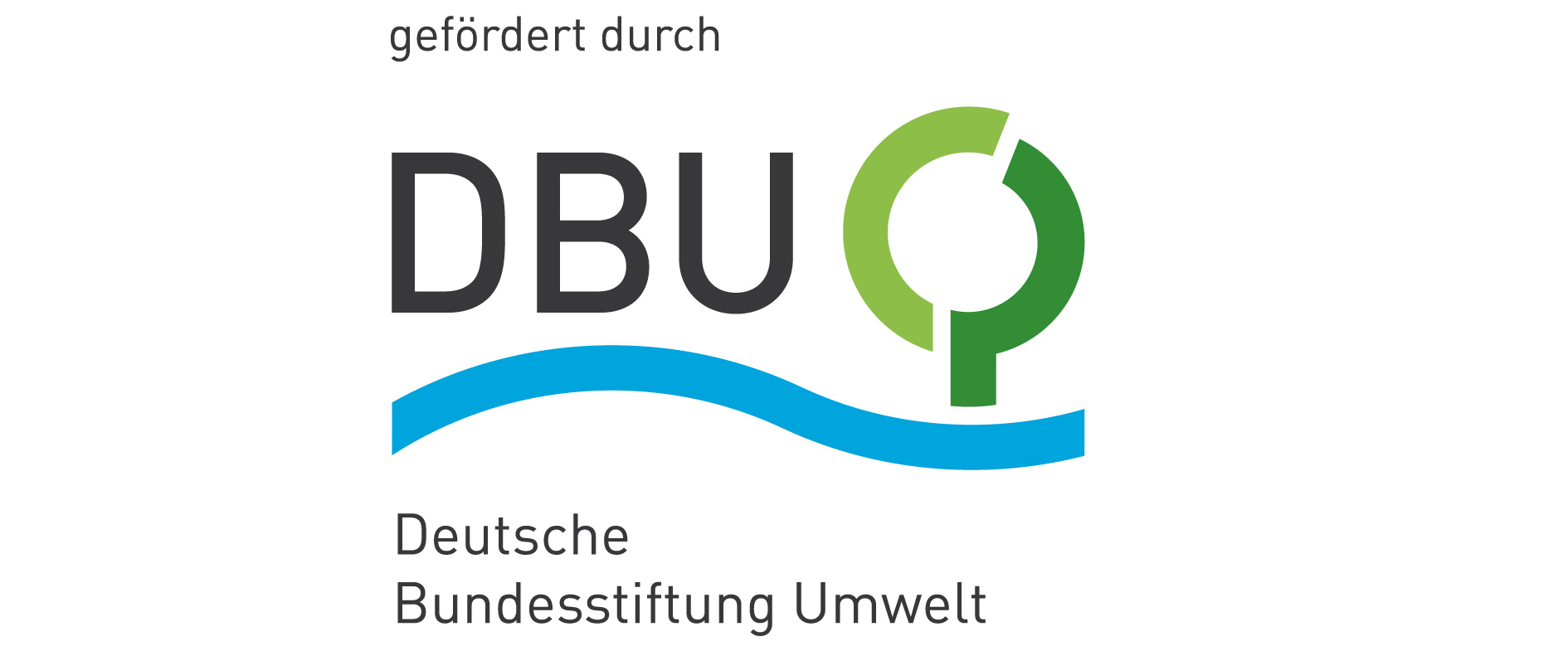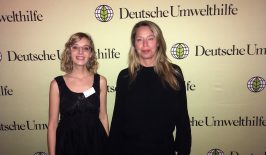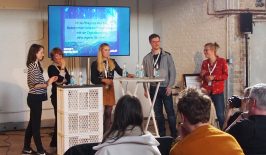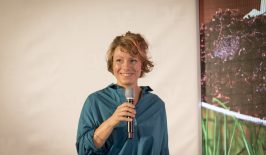For more than a decade RESET – Digital for Good has focused on what we believe are the two most important issues of our time: sustainability and digitalisation. Ever since then, the RESET.org platform has taken a close look at how digitialisation can best be leveraged for sustainable development, and also how the digital revolution itself can be made more sustainable.
The DBU also believes in the importance of these two interconnected trends: “In order to make digital and sustainable development compatible with each other and of benefit to society, we need to encourage the development of digital tools that have a positive environmental and climate impact. At the same time, we have to mitigate the negative impact of digitalisation on the environment and the climate,” says Dr Jörg Lefèvre, Head of the Health- and Environmentally-Friendly Products and Processes Division at the DBU.
For two years starting in September 2019, the DBU will support the development of a series of four RESET special features focusing on the “Opportunities and Potentials of Digitalisation for Sustainable Development”. “With RESET’s special features we aim to provide a broad audience with constructive and solutions-oriented information on environmental- and climate-relevant aspects of digitalisation, and raise awareness about the prudent and careful application of digital technologies,” explains Lefèvre. The results of the research will be published on RESET.org and also in an e-book.
We are incredibly pleased to have received the support of the DBU for this upcoming features series. This collaboration will provide RESET with the financial support we need to able to devote ourselves to important, in-depth research and to the development of high-quality digital content. Working together with the DBU means having a truly valuable partner on board, and offers RESET the chance to exchange ideas with an extensive network.
Things kick off at the start of December 2019 with the first articles for the feature on “Artificial intelligence – Can Computing Power Save Our Planet?” In a series of interviews, podcasts and long reads, we’ll be exploring the areas where algorithms and artificial intelligence are providing new and innovative solutions for environmental and climate protection, highlighting the possible ecological and ethical risks, profiling innovative projects and startups, and providing recommendations for the responsible future use of smart computer programmes.
“We are really pleased to be working on sustainable digital development with RESET, because under the motto ‘Tech for Good’, the RESET platform has been at the intersection of sustainability and digitalisation for a long time, and combines sound background knowledge with exciting practical examples and actionable tips. We hope to utilise those synergies even more in the future,” says Julia Fink from the platform nachhaltig.digital, a joint project of B.A.U.M. e.V. and DBU for medium-sized businesses.
The next three topics in RESET’s DBU-funded feature series will be:
- Satellites and Drones – Valuable Assistants for Sustainable Development
- Environmental Protection With Your Smartphone – Sustainable Action Made Easy
- The Internet of Things – New Opportunities to Protect the Planet?
Stay tuned for the first articles in our special feature on the potentials and pitfalls of AI for positive environmental and climate impact. And click here to find all of the articles in our last special feature, where we looked at the potentials of e-mobility for a sustainable future.






